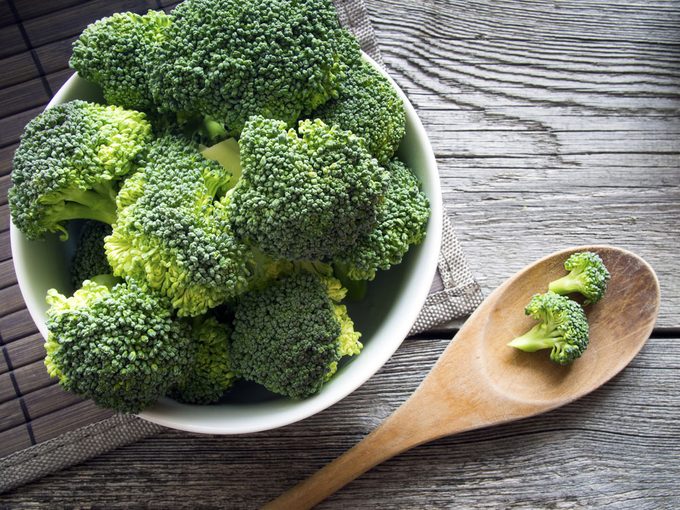How to Decrease Your Stomach Cancer Risk
Your diet can contribute to your risk of getting stomach cancer. Find out how to make the right adjustments

Stomach cancer rates are relatively low in Canada – about 1,000 of the nearly 80,000 Canadian women diagnosed with cancer last year. And the rate is declining because of changing dietary practices with more fresh foods and less reliance on salt as a preservative. (A high-salt diet is linked to higher stomach cancer rates – highest in Japan and South Korea.)
The greatest risk factor for both stomach cancer and stomach ulcers is infection from a bacteria called Helicobacter pylori, but that has declined in industrialized countries such as Canada (except in some of our Arctic communities).
We’re not totally off the hook. Other foods prevalent in our diets also appear to play a role in stomach cancers. ‘A dietary pattern of soft drinks, processed meats, refined sugary foods and refined grains is associated with an increased risk of gastric carcinomas,’ says Nancy Kreiger, director of population studies at Cancer Care Ontario in Toronto, who co-authored a 2007 study on the subject published in the American Journal of Epidemiology.
Try this: Eat one cup (250 mL) of cruciferous vegetables (kale, broccoli, cabbage, etc.) a day to get an ulcer-busting substance called sulforaphane.
Related:
• 10 of the Most Nutritious Foods in the World
• Bloated? How to Know if it’s IBS
• 10 Detox Benefits of Cauliflower that Might Surprise You




